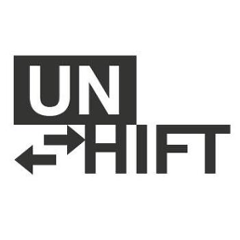querystringify
A somewhat JSON compatible interface for query string parsing. This query string parser is dumb, don't expect to much from it as it only wants to parse simple query strings. If you want to parse complex, multi level and deeply nested query strings then you should ask your self. WTF am I doing?
Installation
This module is released in npm as querystringify. It's also compatible with browserify so it can be used on the server as well as on the client. To install it simply run the following command from your CLI:
npm install --save querystringify
Usage
In the following examples we assume that you've already required the library as:
'use strict';
var qs = require('querystringify');
qs.parse()
The parse method transforms a given query string in to an object. Parameters without values are set to empty strings. It does not care if your query string is prefixed with a ?, a #, or not prefixed. It just extracts the parts between the = and &:
qs.parse('?foo=bar'); // { foo: 'bar' }
qs.parse('#foo=bar'); // { foo: 'bar' }
qs.parse('foo=bar'); // { foo: 'bar' }
qs.parse('foo=bar&bar=foo'); // { foo: 'bar', bar: 'foo' }
qs.parse('foo&bar=foo'); // { foo: '', bar: 'foo' }
qs.stringify()
This transforms a given object in to a query string. By default we return the query string without a ? prefix. If you want to prefix it by default simply supply true as second argument. If it should be prefixed by something else simply supply a string with the prefix value as second argument:
qs.stringify({ foo: bar }); // foo=bar
qs.stringify({ foo: bar }, true); // ?foo=bar
qs.stringify({ foo: bar }, '#'); // #foo=bar
qs.stringify({ foo: '' }, '&'); // &foo=
License
MIT




